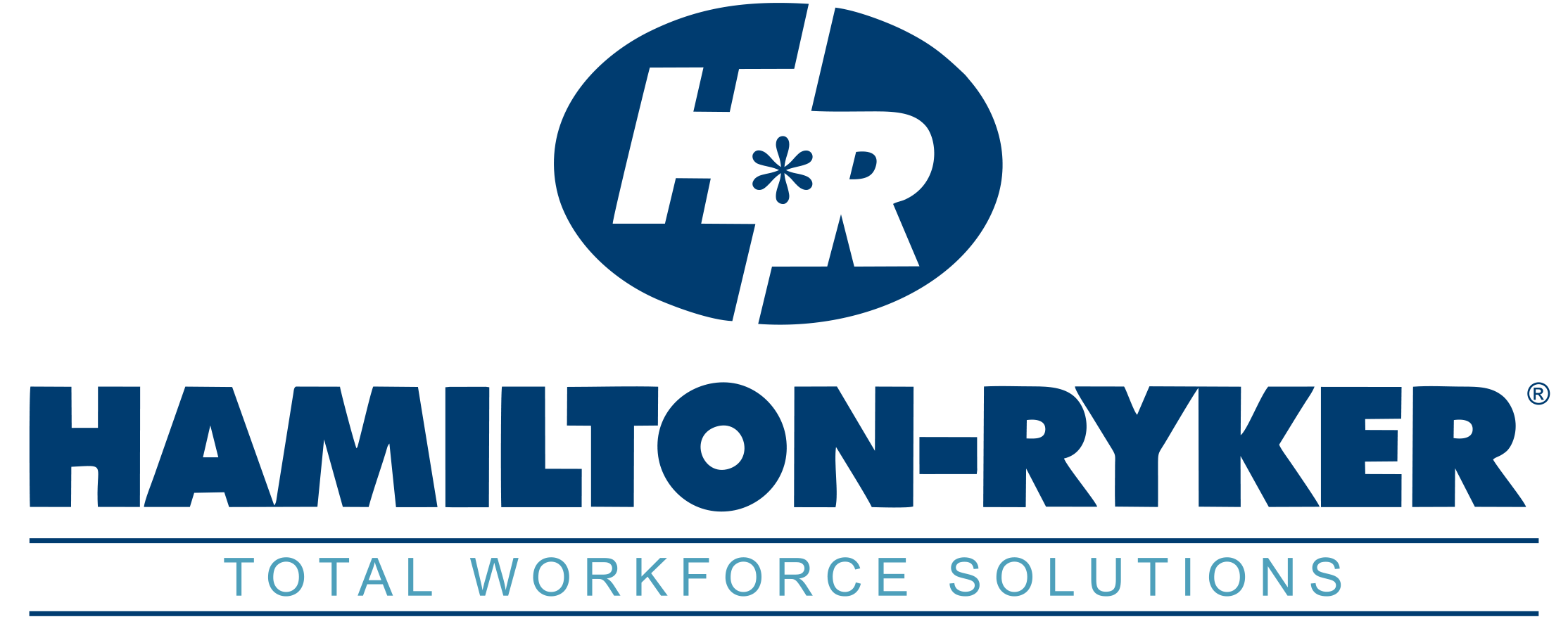How Has the COVID-19 Pandemic Changed Drug Screening Needs?
COVID-19 had a dramatic impact on the workplace. Many companies turned their eyes toward safety, at times requiring employees to work from home or adjusting in-house operations to account for social distancing.
In some cases, the workplace changes made it difficult for employers to adhere to certain policies. Drug screening schedules are a prime example. Even if a company is dedicated to maintaining a drug-free workplace, administering tests may be highly impractical or very risky.
If you typically administer regular or new hire drug tests and are trying to navigate the complexities of COVID-19, here are some points to consider.
Updating Policies to Match Current Climate
Many companies have drug screening policies in place that haven’t been updated in a significant amount of time. For example, some employers still screen new hires for past marijuana use even if they live and operate in states where cannabis is legal. Additionally, public sentiment about marijuana has changed over time, with the majority of Americans favoring legalization and many viewing its use as being similar to consuming alcohol.
While employers should certainly maintain policies regarding intoxication while on duty or when in the workplace, it may be wise to reevaluate the need for certain kinds of screenings. For example, some companies are moving away from marijuana testing when it isn’t associated with a safety incident or are abandoning new hire testing altogether. It may also be wise to reduce drug testing needs for positions where safety isn’t typically an issue or focus more on incident-triggered or suspected intoxication screenings over general or random testing.
However, if marijuana screening is considered a must, then it may be wise to update your recruitment approach and list that fact in the vacancy announcement. That way, any candidates who know they won’t pass may bypass your opportunity.
Research New Recommendations
There are several industries where drug screenings are mandatory, such as jobs that have to follow certain US Department of Transportation (DOT) regulations. For those positions, it’s wise to review any guidance released by the regulating agency that addresses COVID-19 and best practices during these unprecedented times.
Ultimately, pandemic or not, remaining compliant is essential. However, how that can be accomplished may differ today, so it’s crucial to brush up on applicable laws and any temporary policies regulatory agencies may have in place.
Train for Impairment Monitoring
Ensuring your managers and supervisors know how to spot possible impairment is essential, particularly for companies that move away from new hire and random screenings towards incident or suspected intoxication testing. That way, if an employee may be under the influence while working, appropriate action could be taken.
Ideally, formal training should be administered that covers typical signs. For example, this could include discussing red flags, like strong odors fa substance, slurred speech, altered movement, mood changes, or similar signals of potential substance-related impairment.
Do You Need Reliable Drug Screening and Compliance Services?
At Hamilton-Ryker, we pride ourselves on offering comprehensive and convenient compliance services that meet the needs of today’s employers. If you would like to find out more about our programs, including on-site drug testing and DOT-compliant screening, contact us today.

